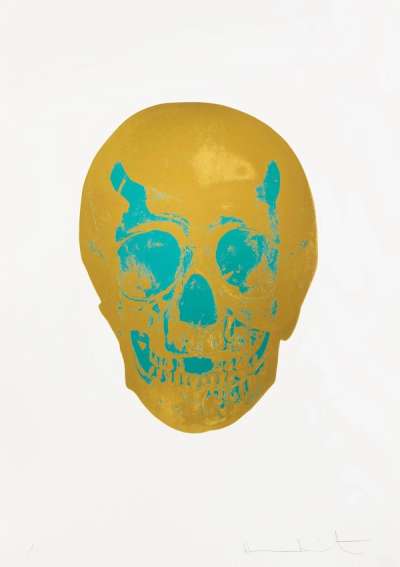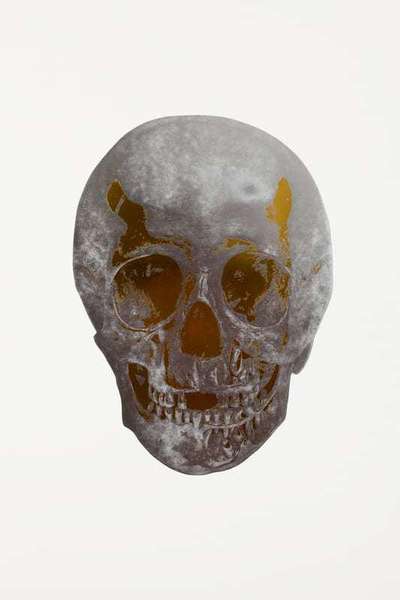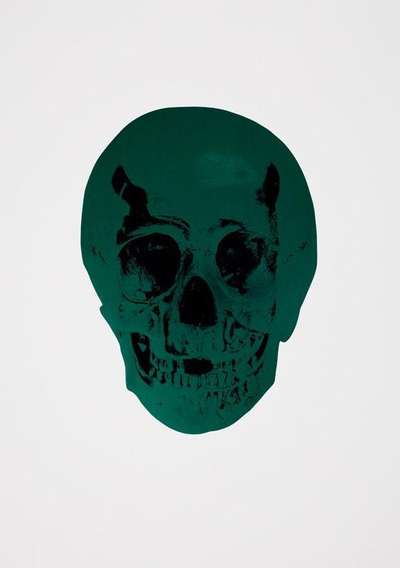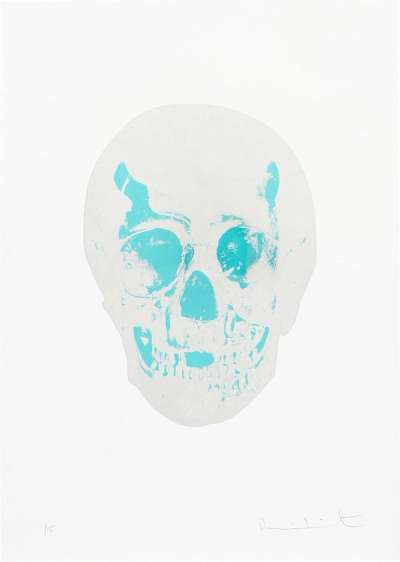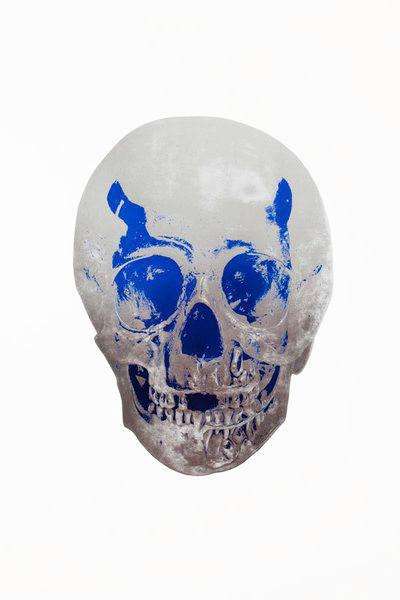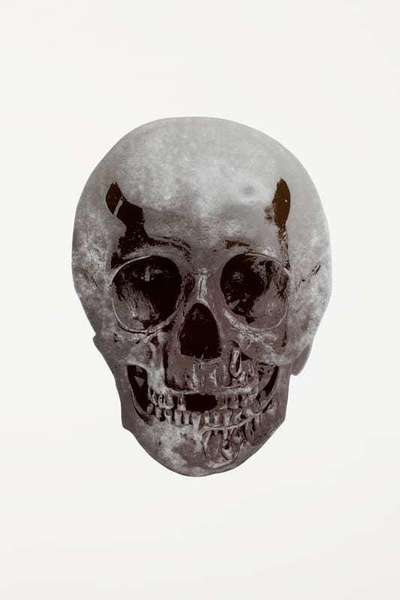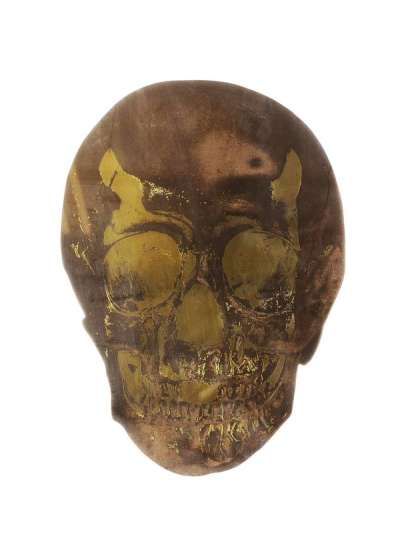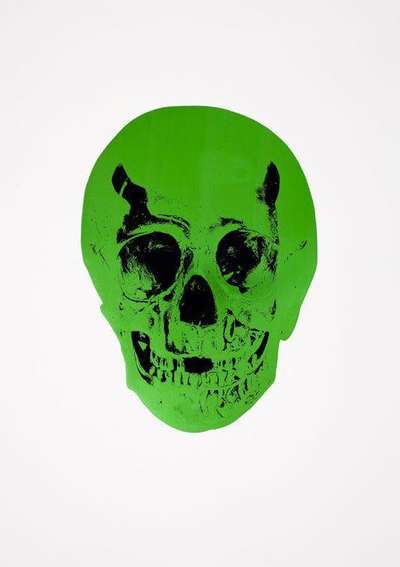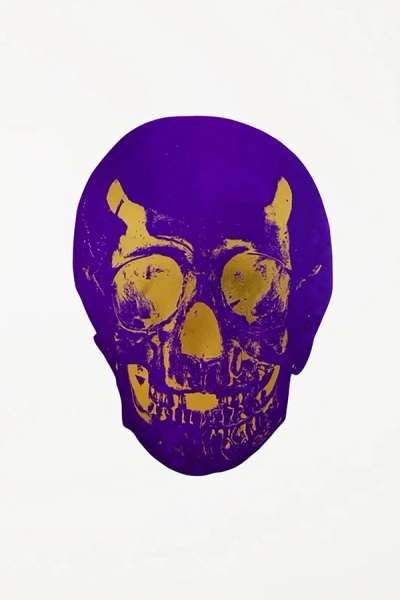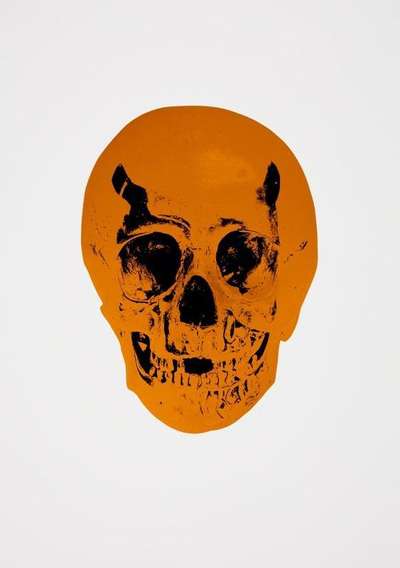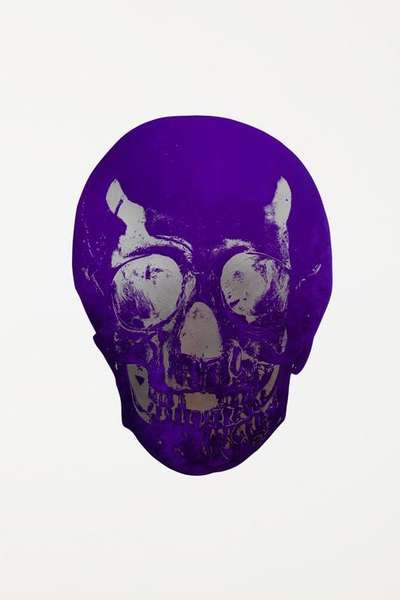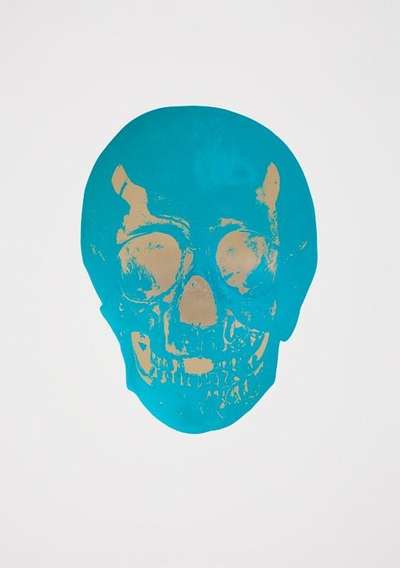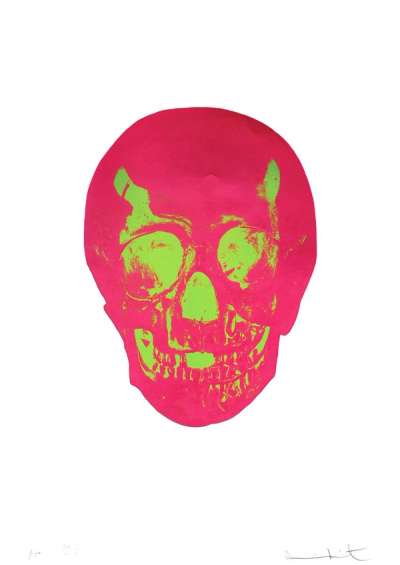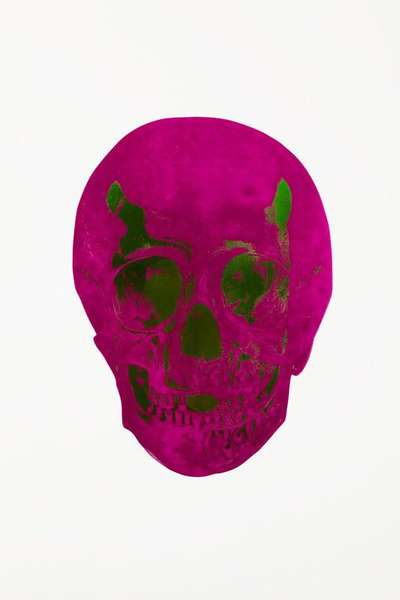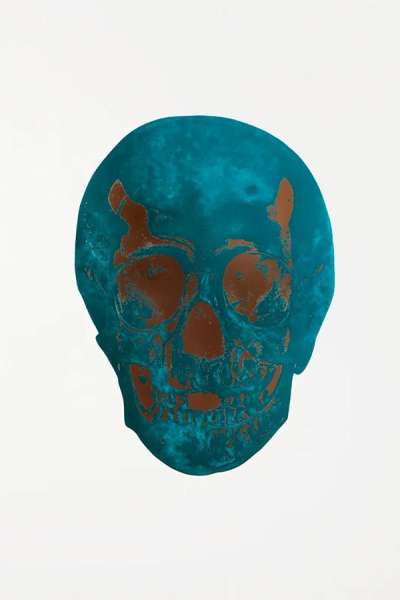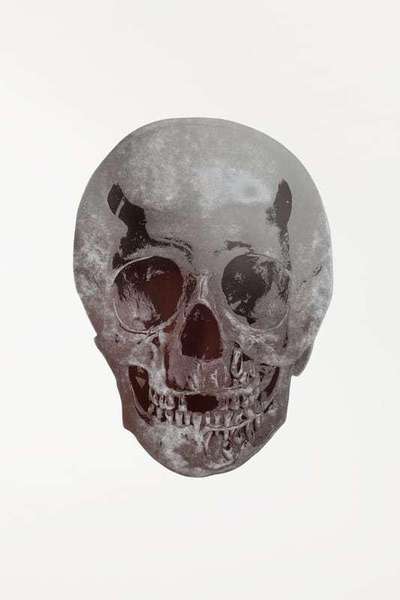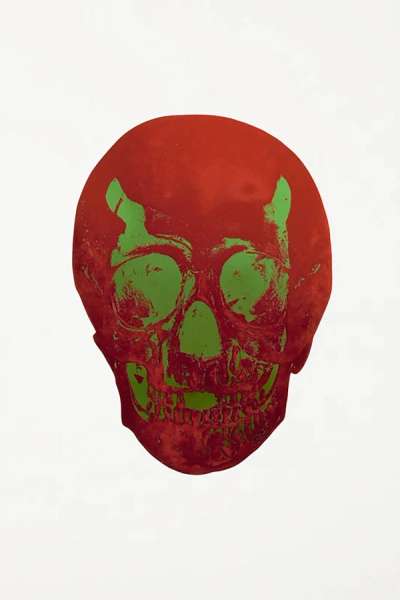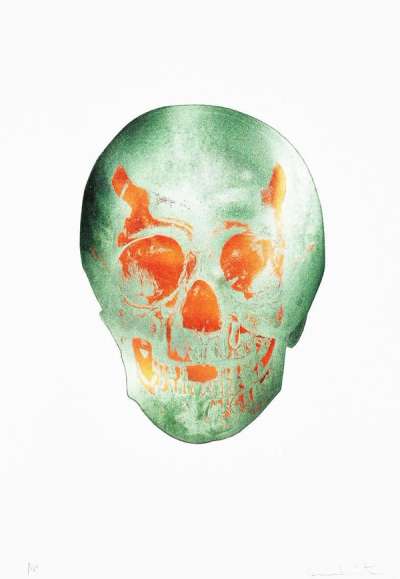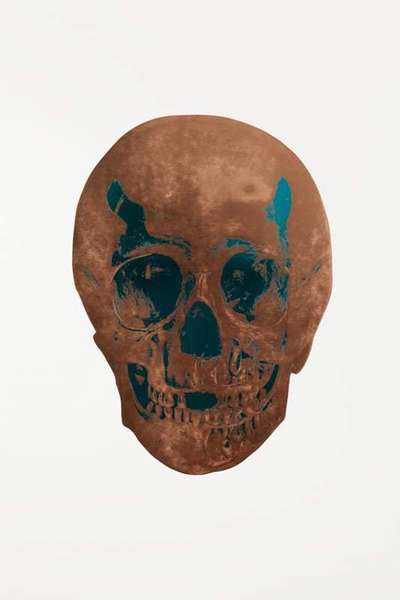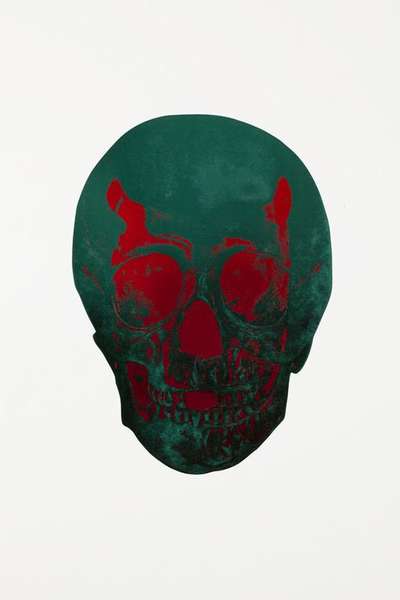
The Dead (oriental gold, loganberry pink)

The Dead (oriental gold, loganberry pink)
Signed Print
Damien Hirst
£5,500-£8,000Value Indicator
$11,500-$17,000 Value Indicator
$10,000-$14,500 Value Indicator
¥50,000-¥70,000 Value Indicator
€6,500-€9,500 Value Indicator
$50,000-$80,000 Value Indicator
¥1,040,000-¥1,510,000 Value Indicator
$7,000-$10,000 Value Indicator
AAGR (5 years) This estimate blends recent public auction records with our own private sale data and network demand.
There aren't enough data points on this work for a comprehensive result. Please speak to a specialist by making an enquiry.
Medium: Foil Block
Edition size: 15
Year: 2014
Size: H 72cm x W 51cm
Signed: Yes
Format: Signed Print
Track this artwork in realtime
Watch artwork, manage valuations, track your portfolio and return against your collection
Meaning & Analysis
The Dead (oriental gold, loganberry pink) is a signed foil block print in colours on Arches paper produced by renowned contemporary artist, Damien Hirst. In this print, Hirst depicts a skull which appears to float in the centre of the composition. The skull is rendered in bold oriental gold with tones of dark loganberry pink. Against the plain, white backdrop, the skull appears to be staring out, directly at the viewer of the print.
Produced in 2009, the print is part of the artist’s The Dead series. Composed of thirty-one prints, each of which depicts a skull, death is the central theme of the series. The skull in these prints acts as a memento mori, a Latin term, which literally translates as “remember that you [have to] to die.” The skull in the print is a visual reminder of the inevitability of death, however, Hirst’s creative use of colour encourages the viewer to move away from the negative connotations that surround the theme of death. Indeed, Hirst explains: “you can frighten people with death or an idea of their own mortality, or it can actually give them vigour.”
Hirst often explores questions of life and death in his artworks, highlighting how “art’s about life and it can’t really be about anything else… there isn’t anything else.” The artist’s works often have existential undertones, prompting the viewer to contemplate their existence and confront their own mortality.
